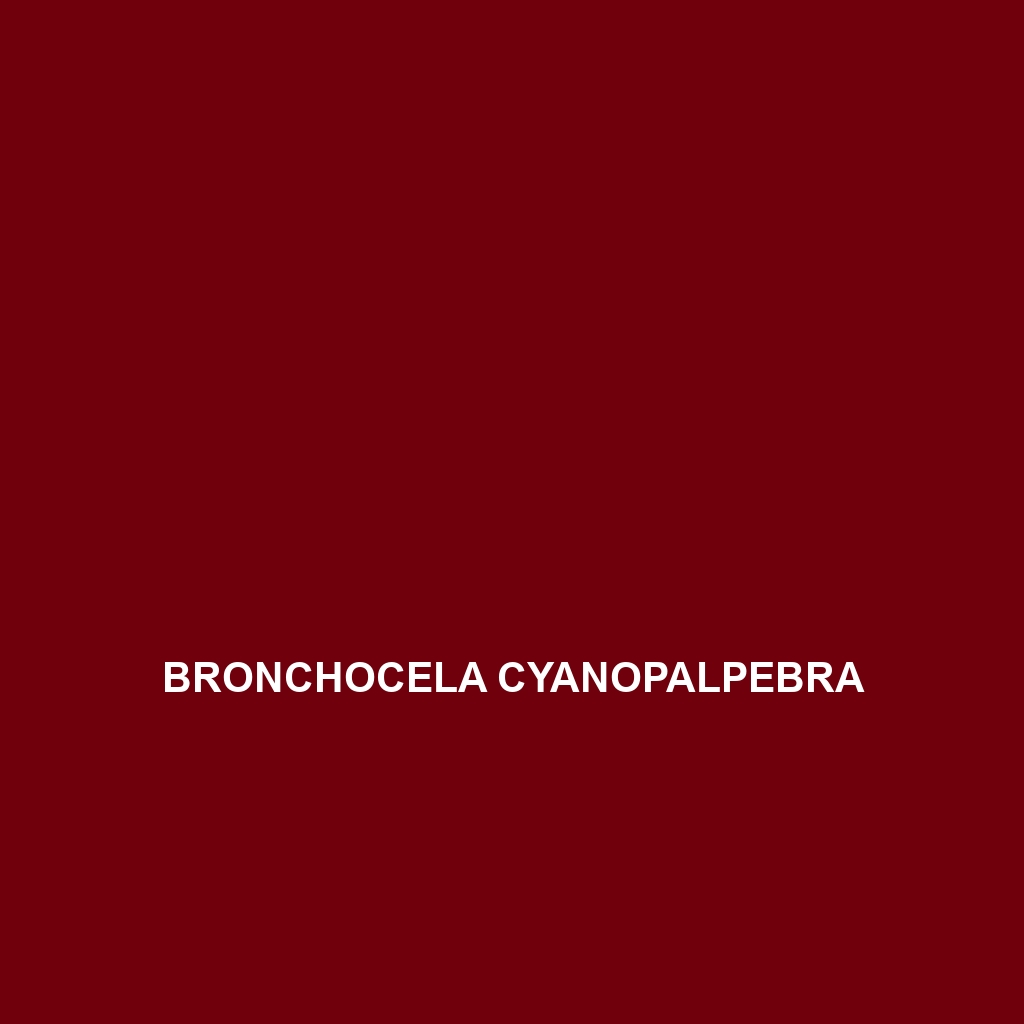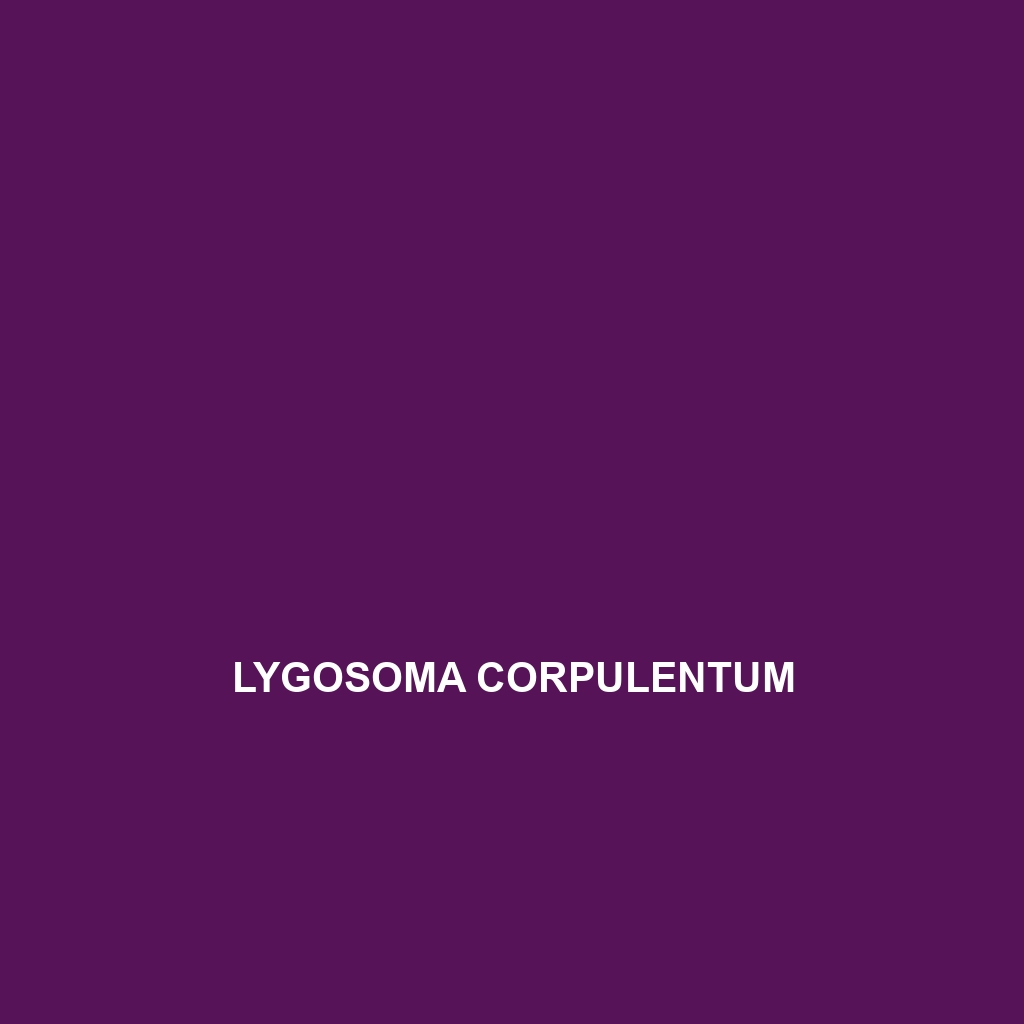-

Calotes ceylonensis
Discover the fascinating Calotes ceylonensis (Ceylon garden lizard), a vibrant insectivorous reptile native to Sri Lanka, known for its impressive color-changing ability and distinctive dewlap. This agile and territorial lizard thrives in diverse habitats, playing a crucial role in maintaining local ecosystems.
-
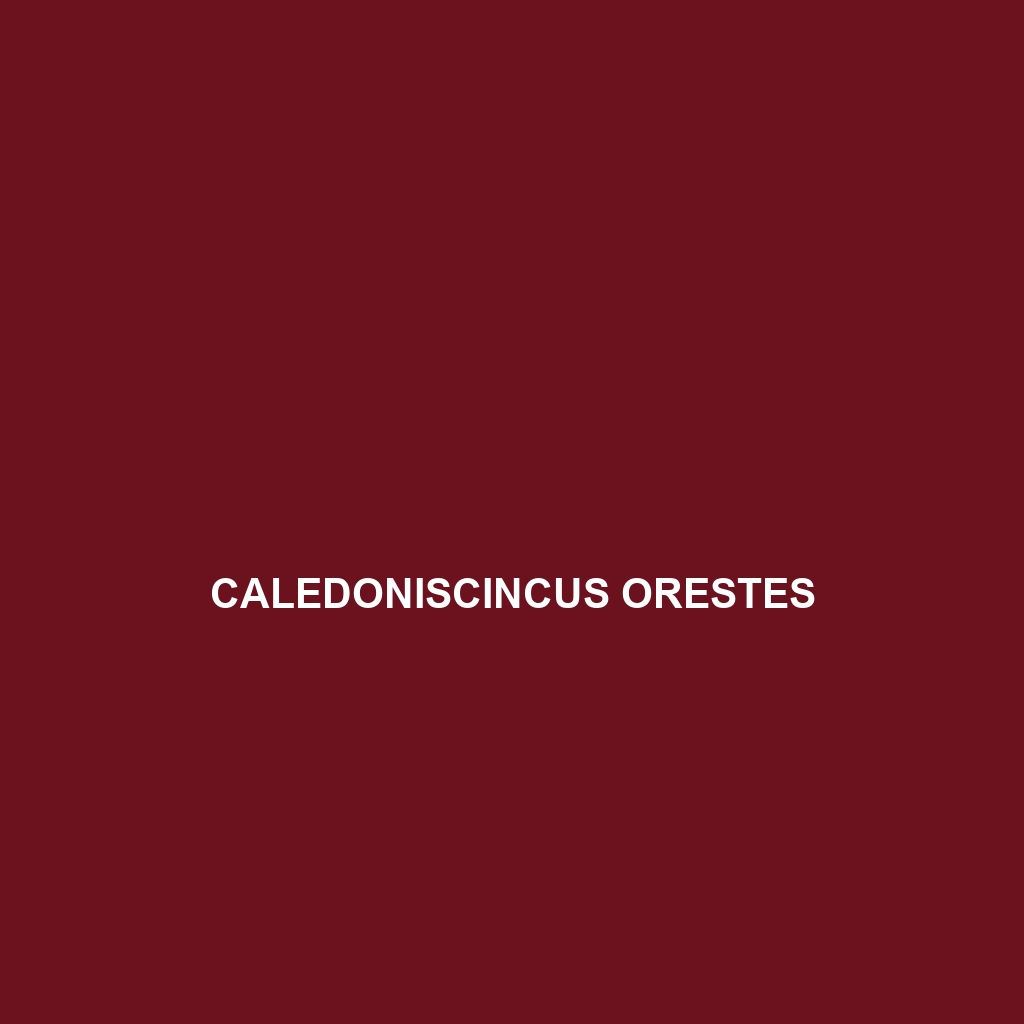
Caledoniscincus orestes
The Caledoniscincus orestes, or Orestes Skink, is a moderate-sized lizard native to the lush forests of New Caledonia, notable for its elongated body, smooth scales, and distinctive coloration ranging from brown to olive green. This vulnerable species primarily feeds on insects and plays a crucial role in maintaining ecological balance within its habitat.
-
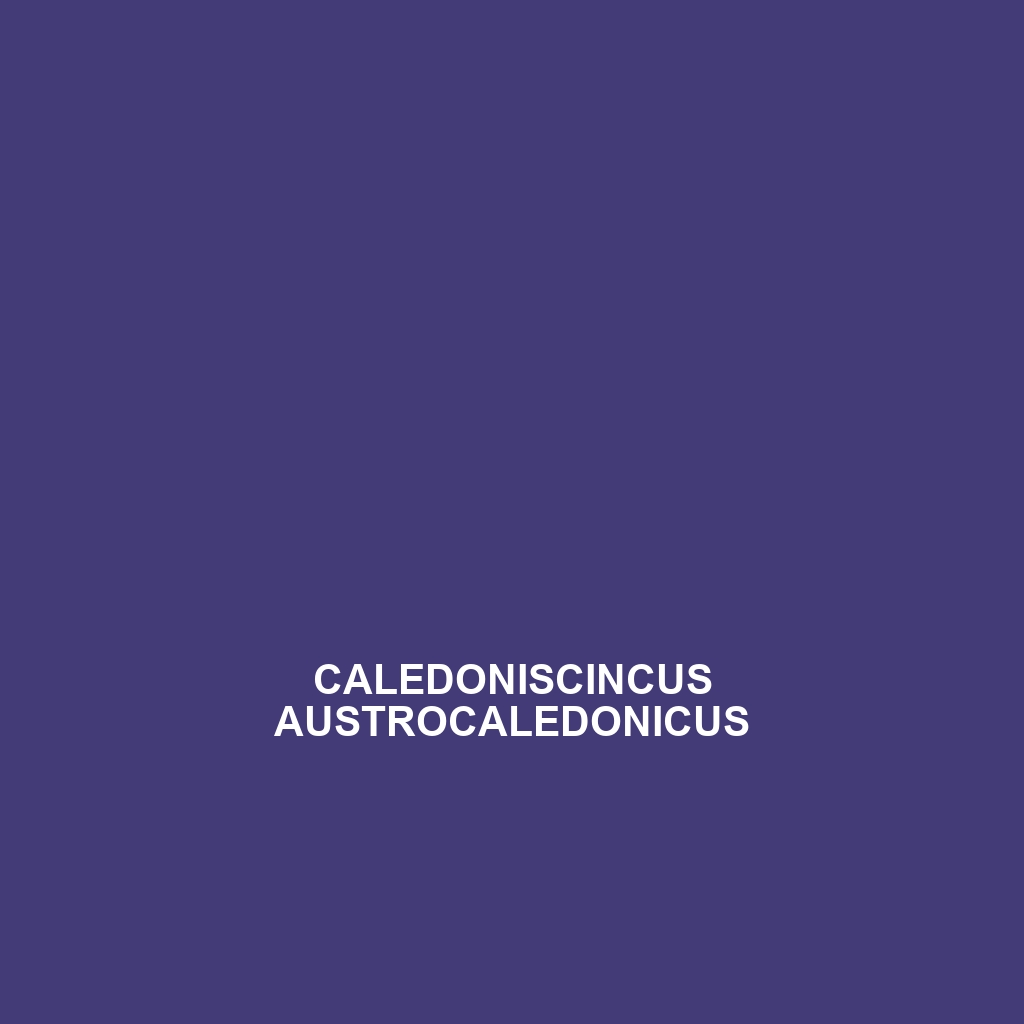
Caledoniscincus auratus
Discover the vibrant Caledoniscincus auratus, or golden skink, native to New Caledonia’s lush forests. This medium-sized reptile, known for its striking golden coloration and diurnal behavior, plays a crucial role in its ecosystem by controlling insect populations and indicating environmental health.
-
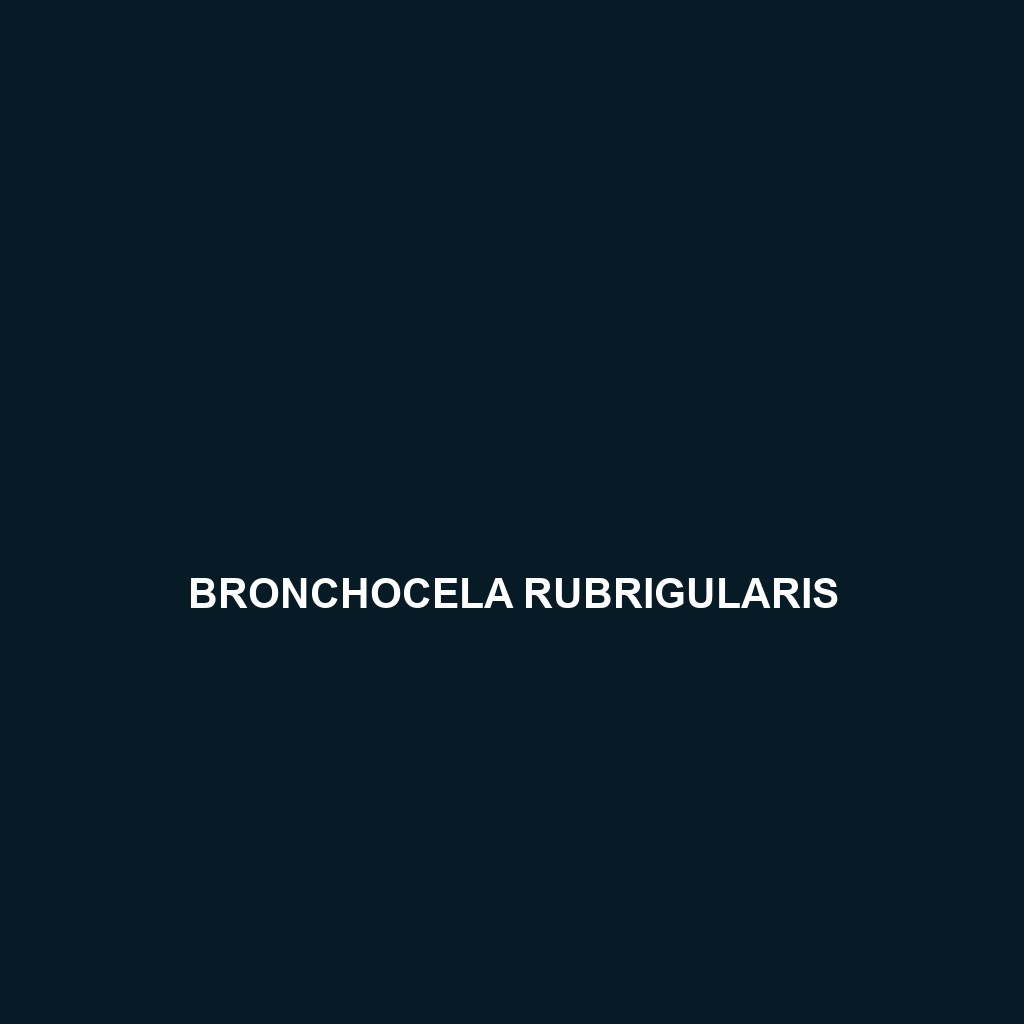
Bronchocela rubrigularis
Discover the vibrant Bronchocela rubrigularis, or Red-throated Tree Lizard, known for its striking red and orange throat coloration and arboreal lifestyle. Found in the tropical forests of Southeast Asia, this insectivorous lizard plays a crucial role in controlling insect populations and maintaining ecological balance.
-
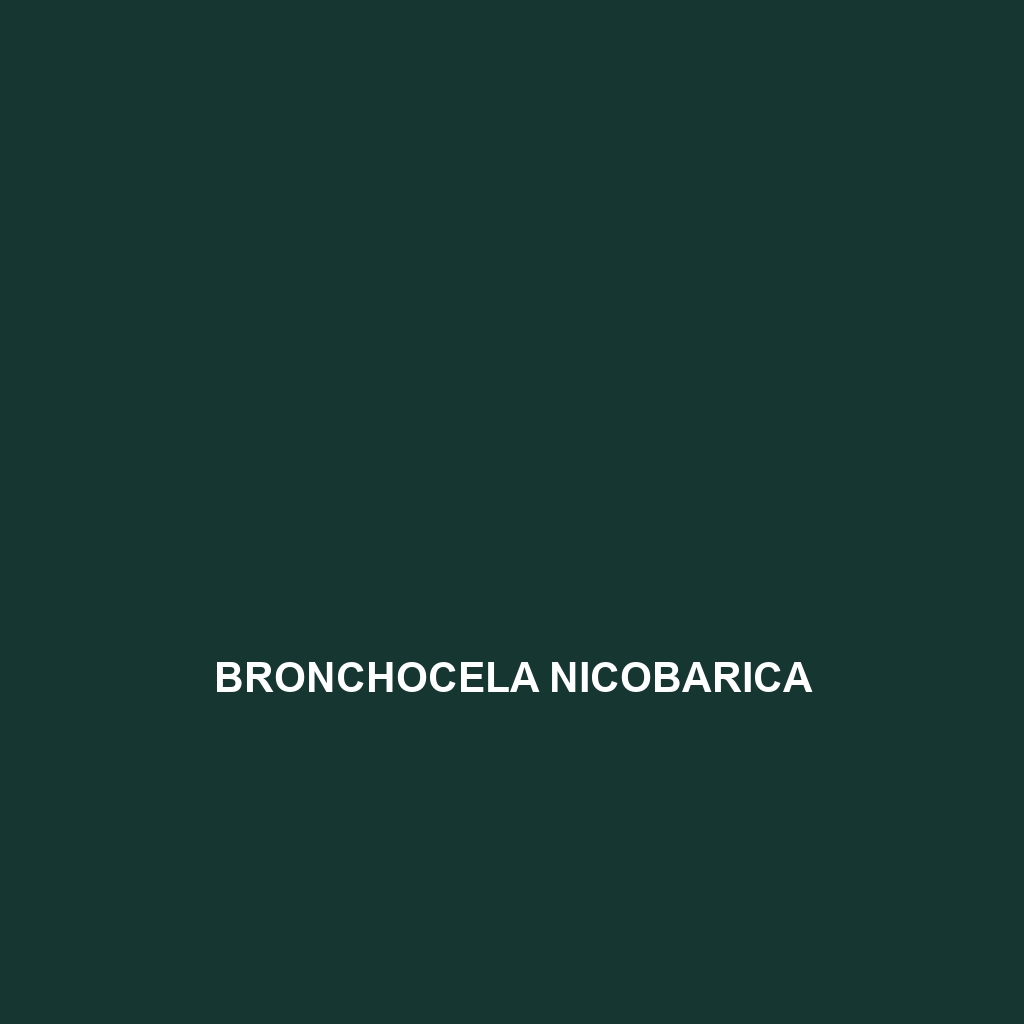
Bronchocela marmorata
Discover the stunning Bronchocela marmorata, or Mottled Forest Dragon, an arboreal lizard native to the rainforests of Southeast Asia. With its impressive length of 60 to 70 centimeters, vibrant camouflage, and unique behavior, this intriguing insectivore plays a vital role in maintaining ecosystem balance.
-

Bronchocela hayeki
Discover the intriguing Bronchocela hayeki, or Hayek’s bronchodile, a vibrant green lizard native to Southeast Asia’s tropical rainforests. Known for its remarkable gliding abilities and arboreal lifestyle, this species plays a vital role in its ecosystem as both predator and prey, while facing significant threats from habitat loss.
-

Bronchocela danieli
Discover the captivating Bronchocela danieli, a vibrant green lizard native to the tropical rainforests of Southeast Asia, known for its arboreal lifestyle, omnivorous diet, and unique ability to camouflage while playing a vital role in its ecosystem. This vulnerable species thrives in humid environments and contributes to the balance of forest biodiversity.
-

Bronchocela celebensis
Discover the Bronchocela celebensis, a vibrant lizard native to Sulawesi, Indonesia, known for its impressive agility and adaptability in tropical rainforests. This insectivorous species plays a crucial role in maintaining ecological balance by regulating pest populations, while its remarkable camouflage enhances its survival in a diverse habitat.
-

Bronchocela cristatella
Introducing the Bronchocela cristatella, or crestless lizard, a vibrant, arboreal species native to Southeast Asian tropical rainforests, reaching sizes of 15-20 cm. Known for its striking green and brown coloration, this insectivorous lizard plays a vital role in controlling local insect populations and is currently listed as Vulnerable due to habitat loss.
Search
Popular Posts
-
Lygosoma corpulentum
Discover the Lygosoma corpulentum, or fat skink, a robust insectivorous lizard native to Southeast Asia’s moist tropical rainforests and varying habitats. With a stocky body, impressive camouflage, and remarkable adaptability, this ovoviviparous species plays a crucial role in maintaining ecological balance.
-
Lygosoma boehmei
Lygosoma boehmei is a slender, nocturnal insectivore found in humid tropical rainforests and savannas of Southeast Asia, exhibiting a smooth, camouflaging texture and remarkable burrowing abilities. This vulnerable species plays a crucial role in its ecosystem by controlling insect populations and serving as prey for larger predators.
-
Lygosoma bampfyldei
Lygosoma bampfyldei, commonly found in tropical and subtropical regions, is a moderately sized lizard measuring 15 to 25 cm, known for its elongated body and glossy, camouflage coloration. This insectivorous species thrives in moist habitats and plays a vital role in maintaining ecological balance by controlling insect populations.
Categories
Tags
animal adaptations (924) animal behavior (5000) animal reproduction (865) behavior (920) biodiversity (7853) conservation (1670) conservation efforts (1778) conservation status (5748) diet (2104) ecological balance (2087) ecological role (1952) ecosystem (1469) ecosystem role (2901) endangered species (2514) habitat (3280) habitat conservation (1136) Habitat Destruction (1421) habitat loss (3385) herpetology (870) insectivorous reptiles (948) IUCN Red List (1971) lizard behavior (881) lizard diet (944) lizard reproduction (1101) nocturnal animals (2754) nocturnal behavior (2592) nocturnal reptiles (1061) physical characteristics (2058) predator-prey relationships (927) reproduction (2890) reptile behavior (1037) reptile conservation (1348) reptile reproduction (1069) rodent species (1325) seed dispersal (2145) Seed Disperser (979) small mammals (1168) snake behavior (952) snake diet (1061) snake reproduction (1129) tropical forests (948) Vulnerable Species (4926) wildlife (2511) wildlife conservation (5355) wildlife protection (1008)

